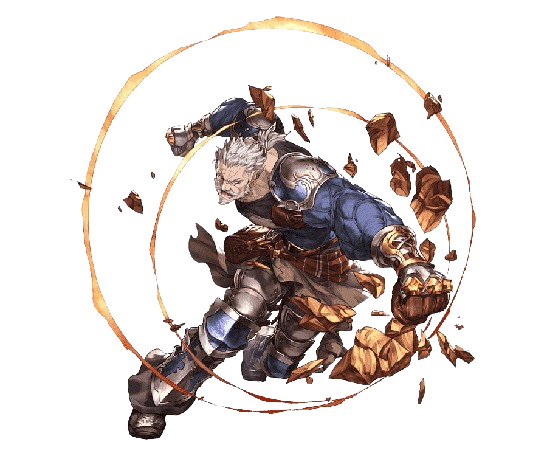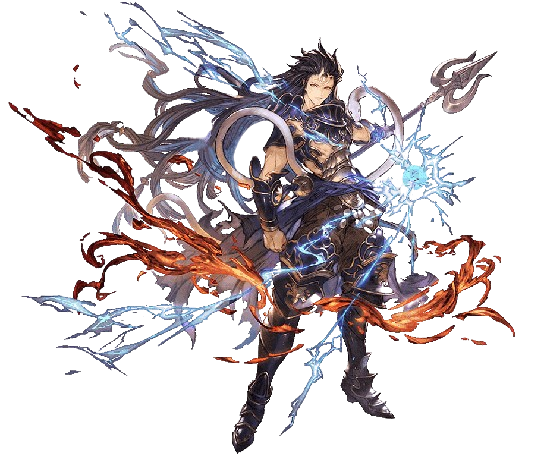Introduction
Fantasy games have become one of the most influential genres in the gaming industry, not only captivating players with immersive worlds and engaging narratives but also leaving a significant imprint on modern storytelling in other media such as film, television, books, and comics. As technology evolves and the boundaries between various forms of entertainment blur, the role of fantasy game development companies in shaping narratives across platforms becomes increasingly profound. This article will explore how fantasy games have influenced modern storytelling in other media, focusing on their narrative structures, world-building techniques, and character development, as well as their impact on creative processes in the broader entertainment industry.
Boost Your Fantasy Game Efficiency

The Evolution of Fantasy Games and Storytelling
Fantasy games, since their inception, have evolved from simple quest-based adventures into complex narratives with deep lore, multi-dimensional characters, and intricate storylines. Early titles like The Legend of Zelda and Final Fantasy laid the groundwork for world-building and storytelling, where players not only engage in gameplay but also immerse themselves in rich, fictional universes.
As fantasy games grew more sophisticated, developers and game development companies began integrating advanced storytelling techniques, drawing inspiration from literature, myth, and cinematic elements. This evolution made these games fertile ground for transmedia storytelling, a phenomenon where stories are told across multiple media platforms. The gaming industry’s advancements in technology, graphics, and interactive storytelling have enabled players to experience stories in ways that traditional media cannot fully replicate, yet these experiences have also had a reciprocal effect on other media forms.
Narrative Structures: Non-Linear Storytelling in Media
One of the key impacts fantasy games have had on modern storytelling in other media is their influence on narrative structures, particularly the popularity of non-linear storytelling. Games such as The Witcher series and Elder Scrolls offer players a branching narrative, where choices made by the player affect the outcome of the story. This concept has been adopted by filmmakers and writers who seek to create multi-layered plots that do not follow a linear path.
In television, shows like Westworld and Black Mirror incorporate elements of choice and alternate storylines, echoing the decision-based gameplay found in fantasy games. Black Mirror: Bandersnatch, in particular, allows viewers to make decisions for the protagonist, directly referencing the non-linear structure popularized by video games. This narrative approach gives audiences more agency and engages them in deeper ways, encouraging them to become active participants rather than passive observers.
Moreover, fantasy games often include multiple storylines that interweave, allowing the player to explore different facets of the game’s world and its inhabitants. This has inspired modern television and film to adopt more complex narrative frameworks, where multiple characters or plotlines are explored simultaneously, adding depth and engagement for the audience.
World-Building: A Blueprint for Cinematic Universes
World-building is another key aspect of fantasy games that has profoundly influenced modern storytelling in other media. The intricate and immersive worlds in games like World of Warcraft, Dark Souls, and Dragon Age serve as blueprints for filmmakers and authors looking to create expansive universes with rich lore and mythology.
In the realm of film, the rise of cinematic universes such as the Marvel Cinematic Universe (MCU) has clear parallels with the world-building techniques honed in fantasy games. Much like these games, cinematic universes aim to create a cohesive, expansive world where different stories and characters can coexist and interact within a shared narrative space. These universes often include detailed histories, interconnecting plotlines, and complex hierarchies of power, much like the fantasy game worlds that have been captivating gamers for decades.
Game developers, supported by game development services and game development agencies, are often tasked with creating entire worlds that immerse players in every detail. These teams work similarly to film directors, ensuring that every element of the game’s environment, from architecture to creatures, adds to the storytelling experience.
Jump Into Action: Start Fantasy Game Project

Character Development: From Avatars to Deep Protagonists
Fantasy games have also redefined character development, allowing players to become deeply invested in their avatars or the characters they encounter in the game. Games such as Mass Effect, Skyrim, and The Witcher present complex characters with detailed backstories, personal motivations, and moral dilemmas. These characters evolve based on the choices players make, creating a dynamic narrative that changes with each decision.
This evolution in character development has been mirrored in modern storytelling across other media. Television series like The Mandalorian and The Witcher (based on the book series but significantly shaped by the success of the video game adaptation) present protagonists with layered personalities, emotional complexity, and moral ambiguity, similar to the characters found in fantasy games. These characters are often not bound by traditional heroic archetypes but are flawed, vulnerable, and capable of growth, making them more relatable and compelling to modern audiences.
Furthermore, game developers, especially those focusing on niche genres like fantasy cricket game development companies, create personalized character arcs that make even traditional sports simulations engaging by introducing story elements that resonate with fans of both gaming and the respective sport.

Transmedia Storytelling: A New Era of Cross-Media Narratives
Fantasy games have also contributed to the rise of transmedia storytelling, where a narrative expands across multiple platforms, each adding new layers to the story. This concept allows fans to engage with a story in different ways, whether through video games, books, comics, or films. For example, franchises like The Witcher, Assassin’s Creed, and World of Warcraft have all expanded their narratives across various media, allowing their worlds and stories to grow beyond the original games.
In other media, this approach can be seen in properties like Star Wars, where films, animated series, novels, and games all contribute to the larger story. Each medium offers a unique perspective, but together, they form a cohesive universe that fans can explore from multiple angles. This method of storytelling not only deepens audience engagement but also allows for more complex, interconnected stories that evolve over time.
The rise of fantasy football app development companies shows how transmedia narratives are even spilling into the sports world, with fan engagement heightened through game-like experiences that expand beyond the boundaries of traditional gaming platforms.
The Influence of Fantasy Game Aesthetics on Visual Storytelling
Beyond narrative structure and character development, the visual aesthetics of fantasy games have had a substantial impact on other media, particularly in film and television. The sweeping landscapes, fantastical creatures, and elaborate set designs seen in fantasy games have set a new standard for visual storytelling, pushing filmmakers and visual artists to adopt similar approaches in creating visually stunning and immersive worlds.
The Lord of the Rings film trilogy, for example, was heavily influenced by the visual styles found in fantasy games, particularly in terms of its expansive world-building and detailed environmental design. Films like Avatar and Mad Max: Fury Road have also drawn inspiration from the immersive worlds and fantastical elements present in video games, using cutting-edge technology and visual effects to create breathtaking, otherworldly landscapes.
Moreover, fantasy baseball app development services integrate similar visual aesthetics into their games, enhancing the visual storytelling by blending sports with fantasy elements to engage and captivate players.

Conclusion
The impact of fantasy games on modern storytelling in other media cannot be overstated. From non-linear narrative structures and complex character development to expansive world-building and transmedia storytelling, fantasy games have introduced new ways of thinking about how stories can be told. As other media continue to evolve, the influence of fantasy games will likely grow, further blurring the lines between interactive and passive storytelling.
In the future, we can expect even more cross-pollination between fantasy games and other forms of entertainment, as the boundaries between media continue to dissolve. Whether through the adoption of interactive elements in films and television or the continued expansion of transmedia narratives, fantasy games will remain a driving force in shaping the future of storytelling. Businesses looking to capitalize on this trend would do well to hire game developers who understand the nuances of narrative-driven game design and its influence on broader media landscapes.



